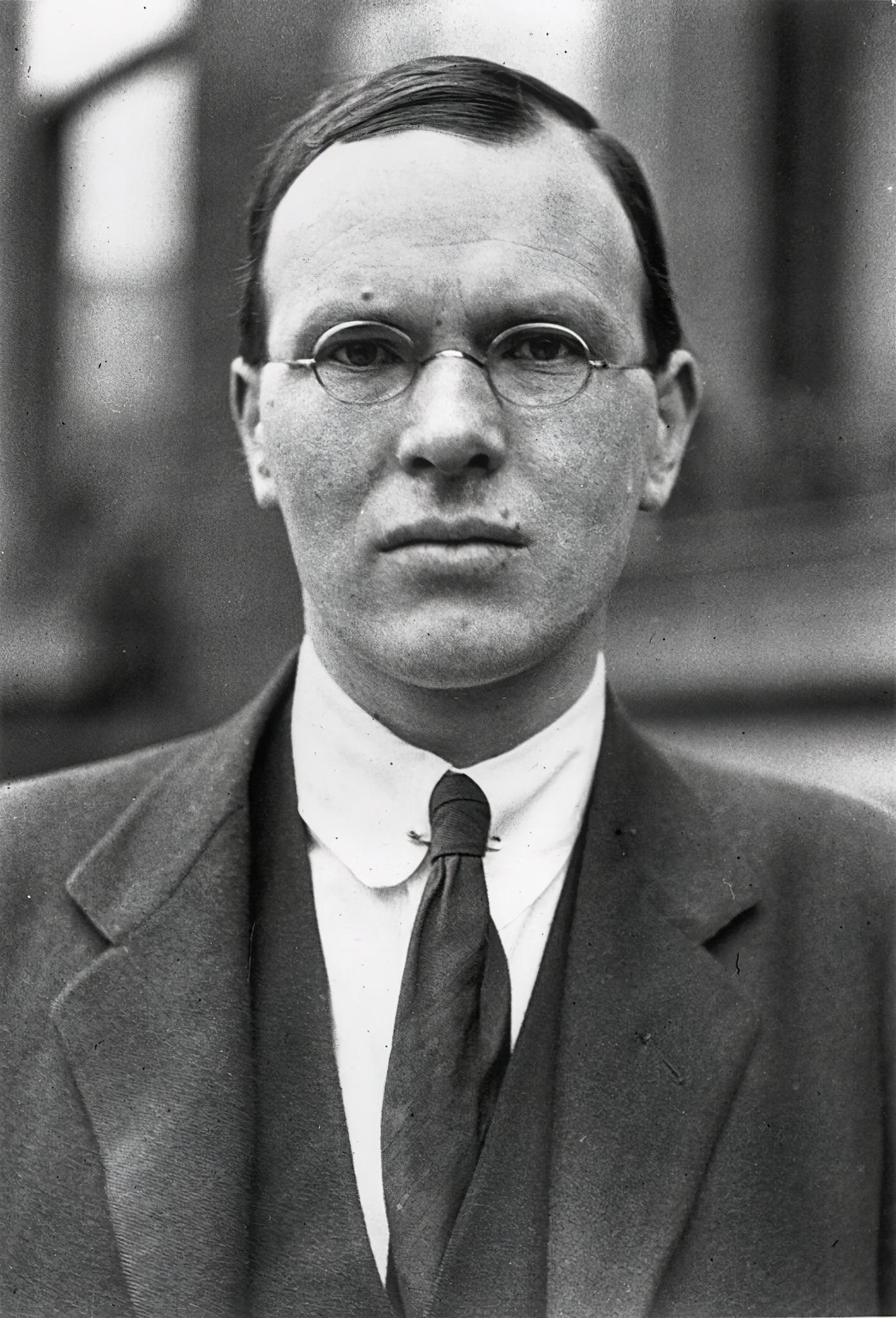By Joseph E.A. Connell

Often called ‘the greatest blessing of all’, the Old Age Pensions Act (1908) introduced a non-contributory pension for ‘eligible’ people aged 70 and over. It came into law in January 1909 across England, Wales, Scotland and Ireland. The pension was open to both men and women, both married and single, and their ‘yearly means’ could not exceed £31-10s. Initially, most of the recipients were women. In order to remove any stigma attached to receiving the benefit, the scheme was administered by the Post Office rather than the existing social welfare agencies such as the parish or Poor Law.
A strong supporter of the Anglo-Irish Treaty, Ernest Blythe became minister for finance in W.T. Cosgrave’s first government in 1923. Blythe was committed to keeping a balanced budget at all costs, which was not at all easy. The Civil War had placed an enormous strain on the nascent Irish Free State, with public spending almost doubling during its course. As a result, Blythe was confronted with a projected budget of more than £8 million for the following year when the national debt already stood at £6 million.
There was widespread criticism when he reduced old-age pensions from 10 shillings (50p) to 9 shillings (45p) a week in the June 1924 Old Age Pensions Act. Blythe asserted:
‘The provisions of this Bill are of two main types. First, there is an all-round cut of one shilling in the old age pension. There is also provision for a revision of the scale of means. At present a person may have private means and an old age pension, totalling in all £1 per week. It is proposed that in future the pension and private means shall not exceed 16s. a week. This Bill is being brought in out of necessity.
I think people will also understand that, in view of the very great financial difficulty that this country is in, we can hardly afford to pay more in actual value to the pensioners at present than was paid to them, say, in 1920, or than was paid pre-war, because the value of 9s. now will be as great as the value of 5s. pre-war. We are simply keeping them in or about the same position from the point of view of the value of the pension. If we do that, it is all that we really can do in the present circumstances.’
Thomas Farren voted against the Bill, and argued:
‘I was anxious to hear the figures as to the amount of saving which would be effected by a reduction of 1s., and by the reduction on the amount of income which they would be entitled to have to enable them to receive the pension. He [Blythe] bases his whole case for the Bill on the fact that we must have economy.’
Though unfairly remembered mainly for docking a shilling from the old-age pension in 1924, Blythe was an effective if conservative minister for finance.
He was at various times an Orangeman, an IRB member, a senator from 1934 to 1940, and managing director of the Abbey Theatre until 1967. He was also a member of the Army Comrades’ Association, and it was he who proposed the colour for their shirts—hence they became known as the ‘Blueshirts’.
Joseph E.A. Connell Jr is the author of The Terror War: the uncomfortable truths of the Irish War of Independence (Eastwood Books, 2022).
